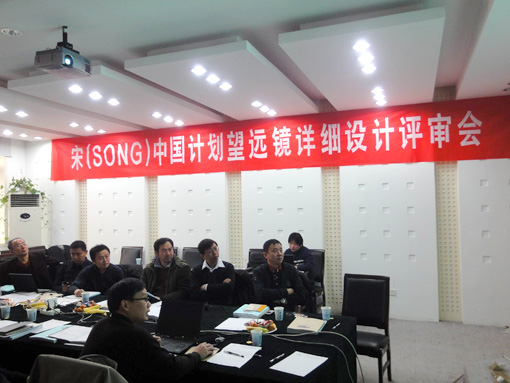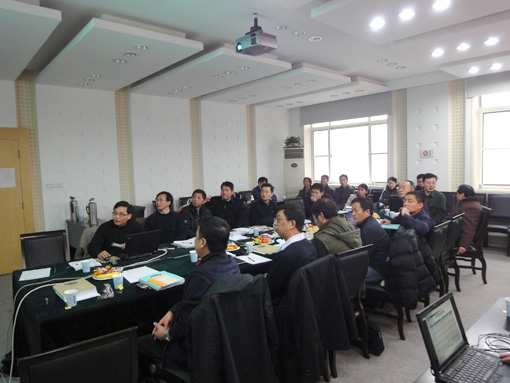On 25 December 2010,detail design review for Stellar Observations Network Group(SONG)was held in Niaot。
SONG is an initiative to construct a global network of 1-m class robotic telescopes。
The scientific goals of SONG are:
1):to study the internal structure and evolution of stars using asteroseismology;
2):to search for and characterize planets with masses comparable to the Earth in orbit around other stars;
Several factors limit progress in these fields,the most important being the impossibility of obtaining long-term and continuous observations at existing facilities。
The plan for SONG is to build a network consisting of 8 telescope nodes located at existing observatories。
There will be four nodes in each hemisphere each equipped with identical telescopes and instrumentation。
This will allow objects to be observed with a high duty-cycle over long (months) periods of time。
At each node the instruments will be a high-resolution spectrograph and an imaging camera。Both will be optimized for the main science goals。
Chinese standard and customized nodes for plan of SONG will be undertaken by NIAOT。
At review meeting,Professor Wang Guoming、vice-professor Kou Songfong and vice-professor Yang Shihai gave design reports about mechanical system、optical system and controling system for Chinese standard and customized nodes respectively。
Review specialist group conducted dicussion and concluded that detailed design for Chinese standard and customized nodes has reached requirement。
Telescope construction for Chinese standard and customized nodes will be started。

